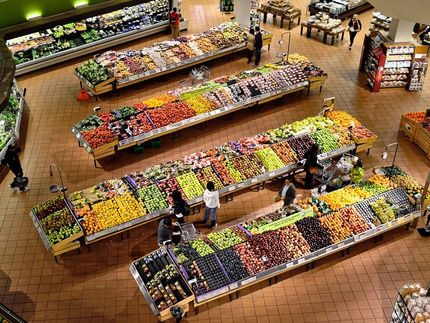Preliminary results of the EHEC/HUS Study
Advertisement
An epidemiological study carried out by the Robert Koch Institute (RKI) together with the Hamburg health authorities shows that patients affected by the current EHEC outbreak consumed significantly more frequently raw tomatoes, cucumbers and green salads than healthy study participants. It has not yet been established whether one or more of these three foods are linked to the outbreak events. Against this backdrop RKI and BfR recommend, by way of precaution, not to consume raw tomatoes, cucumbers and green salads, more particularly in Northern Germany, until further notice.
The consumption of one or more of the mentioned foods would explain a large number of the HUS cases but it cannot be excluded that other foods play a role as an infection source, too. The study was only conducted in Hamburg so that it has merely a conditional diagnostic value for other places concerned.
The study included 25 patients and 96 healthy persons in Hamburg with a comparable gender, age and residential area. Since Friday, 20 May 2011, hospital patients in Hamburg had been intensely questioned about their eating habits and other possible infection sources. In order to identify the underlying cause, the consuming habits of healthy persons in Hamburg were surveyed, too.
Northern Germany continues to be most seriously hit. It is, therefore, conceivable that the contaminated foods were above all distributed in that region. However, HUS cases have also been notified to RKI from other federal states so that contaminated foods could be present there, too.
Against the backdrop of the serious ongoing outbreak event, with partly severe health consequences, RKI and BfR recommend by way of precaution, in addition to the usual hygiene rules in dealing with fruits and vegetables, not to consume raw tomatoes, cucumbers and green salads, more particularly in Northern Germany, until further notice.
All persons with diarrhea should continue to ensure that strict hand hygiene is observed, in particular vis-à-vis infants and immunodeficient persons. The recommendations on good kitchen hygiene (in German) by BfR in its leaflet to avoid EHEC infections, continue to apply.



























































